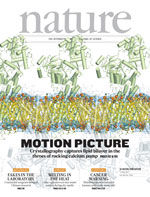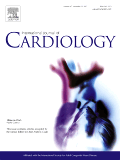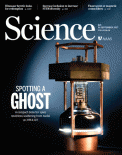 Researchers from the University of Kansas asked to retract their paper only days after the journal issued an expression of concern related to some of the images.
Researchers from the University of Kansas asked to retract their paper only days after the journal issued an expression of concern related to some of the images.
The retraction notice marks the close of an episode that started in June, but it doesn’t provide much closure: Figures in the paper apparently do not match primary data, but there’s no hint as to how that happened.
In a statement sent to JCS — just five days after the expression of concern came out — last author Kristi Neufeld, a cancer biologist at KU, wrote: Continue reading Researchers ask to retract cancer paper five days after it’s flagged by journal






 A cardiology journal has retracted a 2016 meta-analysis after the editors had an, ahem, change of heart about the rigor of the study.
A cardiology journal has retracted a 2016 meta-analysis after the editors had an, ahem, change of heart about the rigor of the study. Science has issued an expression of concern for a widely covered materials science paper published on Friday, citing issues with the supplementary data.
Science has issued an expression of concern for a widely covered materials science paper published on Friday, citing issues with the supplementary data.